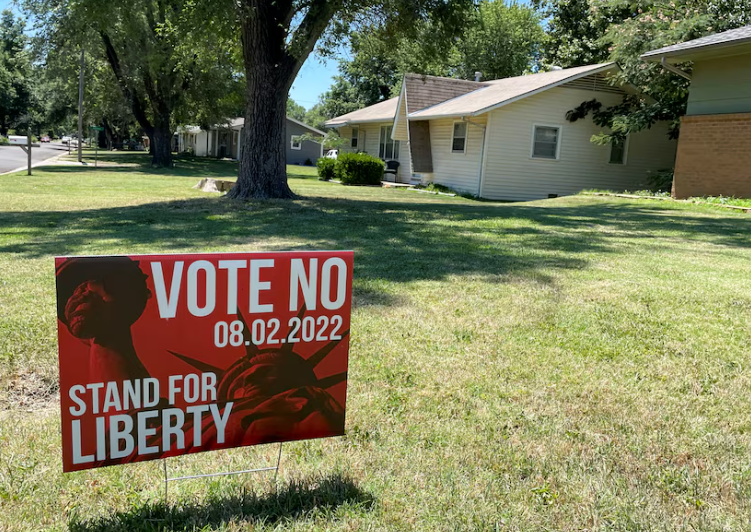A Kansas woman sued the University of Kansas Health System on Tuesday for refusing to give her a medically necessary abortion in 2022, accusing the hospital of violating federal emergency room treatment laws. Mylissa Farmer’s lawsuit, filed in federal court in Kansas City, marks the first case against a hospital for withholding an abortion under federal law since the U.S. Supreme Court’s June 2022 decision ending the nationwide right to abortion.
A hospital spokesperson declined to comment. According to the lawsuit, Farmer visited the hospital on August 2, 2022, at about 18 weeks of pregnancy after experiencing a premature rupture of membranes. This condition rendered her pregnancy nonviable and required an abortion to avoid serious complications. Despite this, the hospital refused to provide any treatment, even though it had performed an abortion for another patient under similar circumstances just weeks earlier.
Farmer claimed the hospital deviated from its usual practice due to a state referendum that day on whether to eliminate the right to abortion in the state constitution, considering it “risky” to perform an abortion in a “heated” political environment. The right to abortion in Kansas was ultimately upheld. However, Farmer had to travel to an Illinois clinic for her abortion and continues to suffer physical and emotional harm from her experience, the lawsuit states.
Farmer accused the hospital of violating the federal Emergency Medical Treatment and Labor Act (EMTALA), which requires hospitals to stabilize patients with emergency medical conditions, and a Kansas anti-discrimination law. She seeks an unspecified amount of damages.
The extent to which EMTALA requires emergency abortions has been disputed since the Supreme Court’s 2022 ruling, as Republican-led states have enacted abortion bans with narrow medical emergency exceptions. In June, the Supreme Court upheld a lower court ruling that EMTALA overrides Idaho’s near-total ban, but litigation over the issue is expected to continue.

